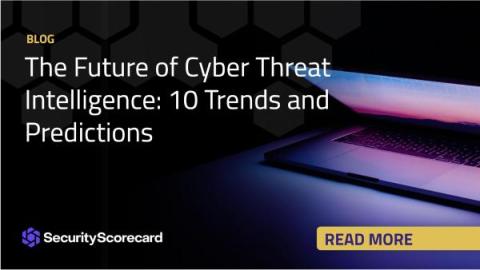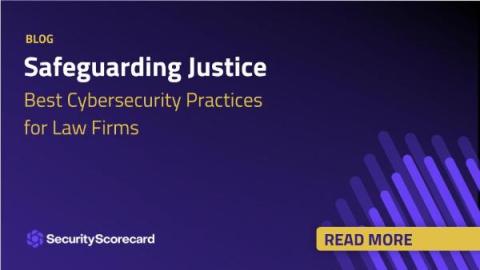Security | Threat Detection | Cyberattacks | DevSecOps | Compliance
Risk Management
The Future of Cyber Threat Intelligence: 10 Trends and Predictions
In the ever-evolving world of cybersecurity, staying ahead of threats is not just a matter of strategy but of survival. Cyber threat intelligence (CTI) has become an invaluable tool in this ongoing battle, helping organizations predict, prepare for, and respond to cyber threats more effectively. As we look to the future, several emerging trends and technological advancements are set to redefine the landscape of CTI.
The Evolution of Artificial Intelligence in Cyber Threat Hunting
The role of artificial intelligence (AI) has become increasingly prominent, particularly in the realm of cyber threat hunting. Cyber threats continue to evolve in complexity and sophistication, posing significant challenges to traditional cybersecurity measures. As a result, organizations are turning to AI-driven solutions to enhance their threat detection and response capabilities.
Safeguarding Justice
In an era dominated by digital advancements, the legal landscape is not exempt from the pervasive threat of cyberattacks. Law firms, entrusted with sensitive and confidential client information, must prioritize cybersecurity to safeguard both their clients and their own reputation. The consequences of a security breach can be severe, ranging from financial losses to irreparable damage to the firm’s integrity.
Assessing Third-Party Vendors: A Cybersecurity Checklist
The reliance on third-party vendors for diverse services has become a norm in 2023. However, this dependence brings with it the need for a heightened focus on the cybersecurity posture of these external partners. It’s imperative for businesses to meticulously assess the cybersecurity risks and compliance levels of their vendors to safeguard against potential vulnerabilities that could impact their operations.
Webinar: Is the biggest risk the one you can't see coming? With EY & Tanium
The SEC, the SolarWinds Complaint, and the Lack of Transparency
90% of Energy Companies Experienced a Third-Party Breach
More than two years after the major U.S. pipeline ransomware incident, the SecurityScorecard Threat Research, Intelligence, Knowledge, and Engagement (STRIKE) Team has released a new report revealing that 90% of the largest global energy companies have experienced a third-party breach in the past 12 months. This research highlights the uphill battle faced by the energy industry in combating emerging threats across the supply chain.
Third-Party Data Breach Response Playbook
The risk of data breaches has become an omnipresent concern for businesses and organizations. And as technology continues to evolve, so do the tactics of cybercriminals. One critical aspect of cybersecurity strategy involves preparing for and responding to third-party data breaches. A well-constructed response playbook is indispensable in mitigating the potential damages and ensuring a swift recovery.
Welcoming Bob Lyle,Our Chief Revenue Officer
We are thrilled to welcome Bob Lyle to Riscosity as our Chief Revenue Officer. Bob is an accomplished executive with extensive GTM experience in scaling software and security companies. He will be responsible for the planning, development, and global execution of our revenue strategy as we continue to evolve our business.










